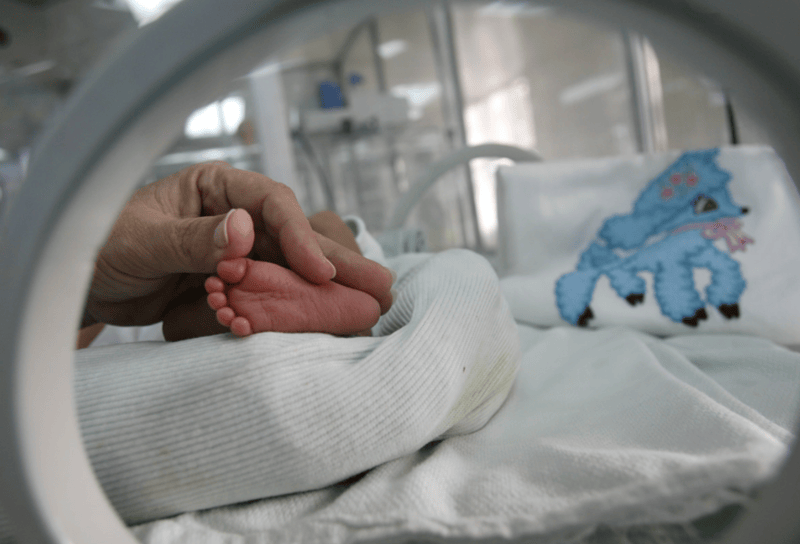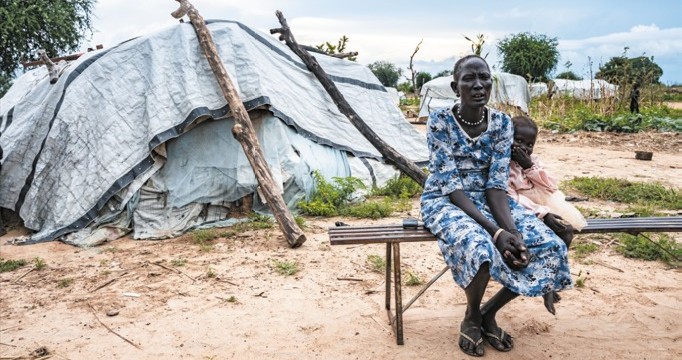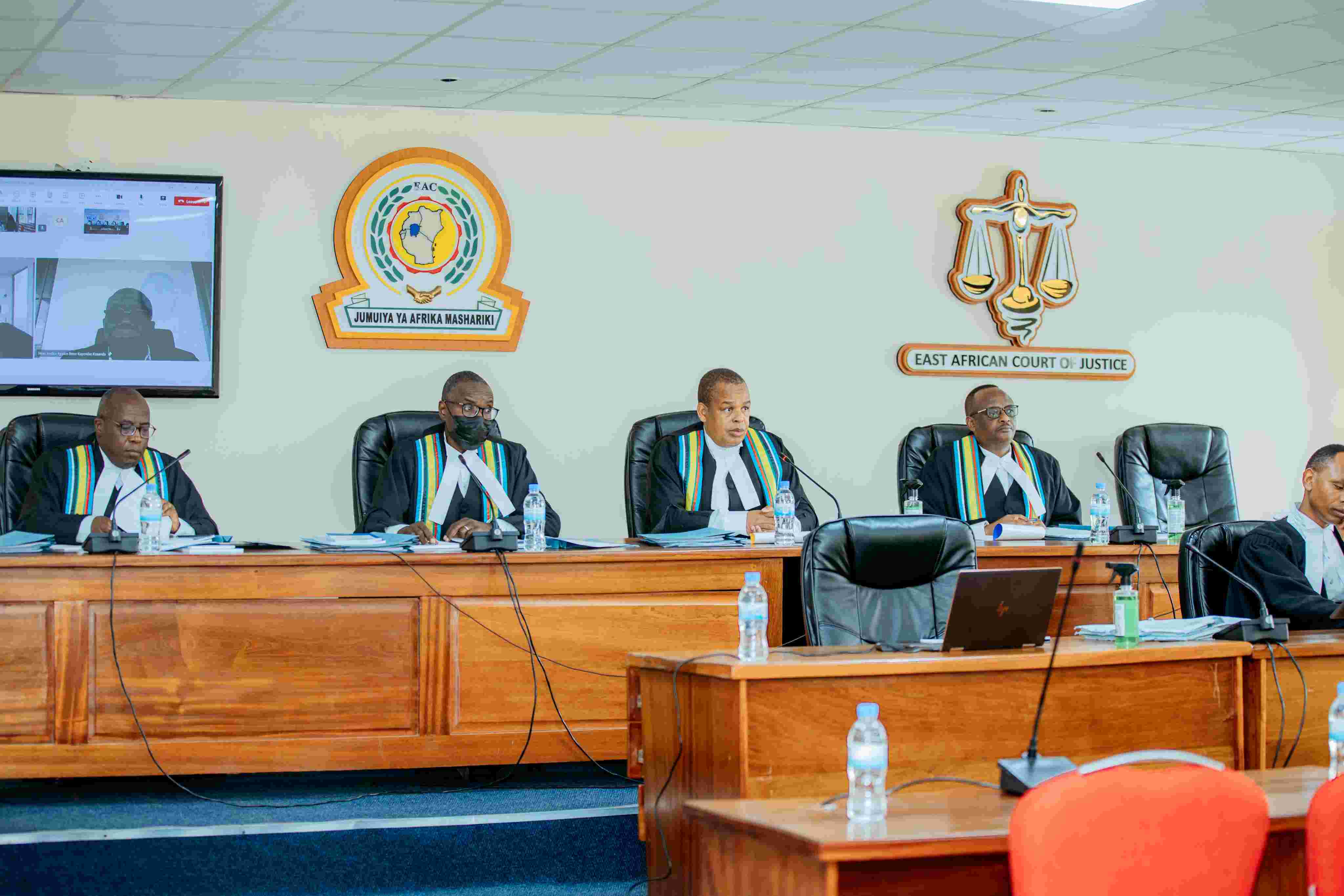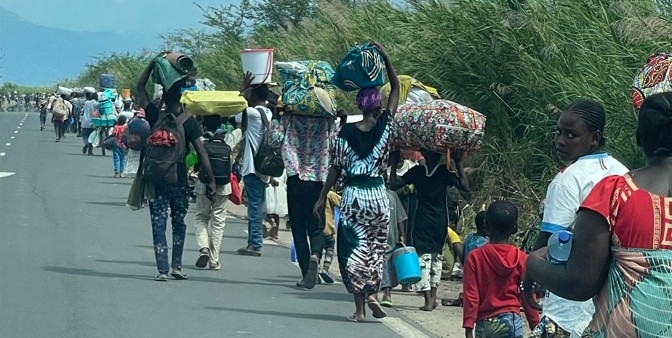Alarming gaps in neonatal nursing threaten Kenya’s 2030 child survival target - survey

Despite significant progress in reducing child mortality globally, neonatal mortality, the death of babies within the first 28 days of life, remains stubbornly high in sub-Saharan Africa.
A survey by the Kenya Medical Research Institute (KEMRI) and the Kenya Paediatric Research Consortium (KEPRECON) has painted a stark picture of newborns’ care in Kenya.
The findings raise urgent concerns about the country’s ability to meet global targets for reducing child mortality by 2030.
More To Read
- Third Kilifi health forum opens with urgent calls for financing, digital solutions
- UNICEF, Save the Children hail Turkana’s progress in tackling malnutrition
- Millions of children face preventable deaths as health aid collapse reverses global gains
- KEMRI-JKUAT collaboration secures court ruling to protect senior scientists from early retirement
- Kenya’s silent crisis: 96 newborns, stillbirths lost daily to preventable causes
- Governors sound alarm as 934 newborns die amid funding row in health sector
Based on research under the HIGH-Q (Harnessing Innovation in Global Health for Quality Care) project, the survey reveals that dangerously overstretched nursing staff and systemic neglect are compromising care for the country’s most vulnerable patients: sick and premature newborns.
Despite significant progress in reducing child mortality globally, neonatal mortality, the death of babies within the first 28 days of life, remains stubbornly high in sub-Saharan Africa.
In Kenya, it is proving to be a critical bottleneck in the pursuit of Sustainable Development Goal 3.2, which aims to reduce neonatal deaths to at least as low as 12 per 1,000 live births by 2030.
The new data highlights that the core of this challenge lies in the overburdened and under-resourced hospital neonatal units.
It reveals that a single nurse is often tasked with caring for up to 25 babies per shift, far exceeding the globally recommended nurse-to-baby ratio of 1:3–4.
Additionally, it highlights the limited amount of time each nurse is able to spend caring for a baby.
On average, nurses in the public sector spend only 30 minutes per baby during a 12-hour shift, a figure that is ten times lower than the average in high-income countries.
Consequently, these crushing workloads translate directly into missed care, meaning essential nursing tasks are either delayed, performed incompletely, or skipped altogether.
To measure the scale of this problem, the researchers developed a Nursing Care Index (NCI), which compares observed care delivery against expected tasks for each newborn.
The findings are sobering, as nurses reportedly deliver only one-third of the care expected of them.
Another third is carried out by students or even mothers of the babies, individuals not trained to manage fragile newborns, while 40 per cent of essential care is not delivered at all.
The lack of standardised tools to monitor missed care further compounds the issue.
As Kenya faces a ticking clock to achieve its 2030 health targets, experts from the two fraternities argue that the findings underscore an urgent need for systemic investment in neonatal nursing.
To reduce the missed care and improve neonatal survival in resource-limited settings, they recommend various structural changes.
These include increasing nurse staffing in newborn units to ensure adequate care for each baby.
“Consider opportunities to formally delegate basic non-clinical tasks to a cadre of ward (care) assistants to ease the burden on nurses,” they add.
Nevertheless, the researchers advocate for improved access to and effective use of medical technologies to enhance the quality of care delivery.
Top Stories Today
Reader Comments
Trending














































